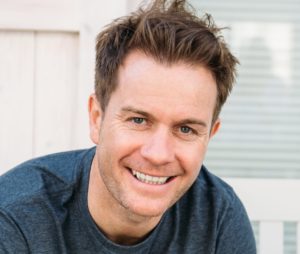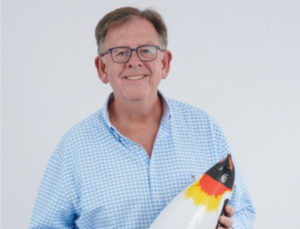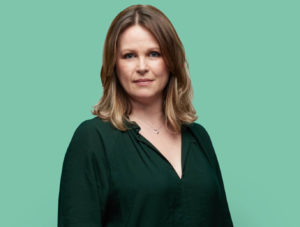Can you give a quick overview of how Bol Foods came to be?
I had been working at Innocent for 14 years and expanded the innocent range to include veg pots in 2008, but when the company was bought by Coke it was clear that I was running a part of the business that was of limited strategic significance. Coke do drinks, not pots of vegetables. The good news was that when I raised the possibility of starting my own brand they didn’t see it as a competing business, while I saw it as unfinished business.
What led you to take the decision to reposition yourselves as exclusively veg?
The closer I got to the industrialisation of meat and the more I learnt about the health, environmental and animal welfare issues that surround our meat consumption, the clearer it became that something has to change. I’m fortunate enough to be in a position where I can help drive that change and it’s something that the entire team feels strongly about.
This isn’t about promoting an exclusively vegetarian lifestyle. It’s about people making small changes so that they eat a little less meat and a little more veg. The number of “flexitarians” has risen from 10% to 50% since 1990, so our market is not as niche as you might think, and we believe the trend has a long way to go.
There are so many people out there who would love to make more plant-based meals, but they don’t have the time to buy all the separate ingredients, chop them up and turn them into something really tasty. Hopefully, Bol solves that problem.
What challenges has this narrowing of your proposition presented?
When half of the business comes from products that are no longer available it creates a vacuum. I’ve had to get the support of all stakeholders and that’s not been without its challenges. One of the concerns people have had is that it could result in scaling down the business and that people may question whether that’s something they signed up for. However, over time they have come to agree that while in the short term it might make us a little smaller, in the long term it gives us the opportunity to be the UK’s leading plant-based food company, and we believe that market is going to be vast.
How important is it to have a purpose based vision that’s aligned to your own personal values?
For me, it’s essential. Having a north star that’s crystal clear and a set of values for all decisions to be judged against is critical for our business, as it was for Innocent.
It’s not difficult nowadays with social media for consumers to dig into a brand and see how authentic it really is.
That may not the case for other businesses, although I do believe that without an alignment of values consumers will see through you. It’s not difficult nowadays with social media for consumers to dig into a brand and see how authentic it really is.
How important is this purpose for the company culture?
It’s massive. We don’t expect everyone to share precisely the same opinions; that would be boring and not at all Bol. There are plenty of times where we may disagree over the specifics of a particular plan, but what we are all aligned on are the values and purpose of Bol. Everyone who works here does so because they want to inspire the world to eat more plants.
We have an entrepreneurial culture where people feel comfortable to challenge the status quo, but once the decision is made then everybody gets behind it and gives their absolute commitment to the execution.
How is this culture reflected in your online strategy?
Again, it all comes down to authenticity. We have never paid anyone to talk positively about us and we wouldn’t. If we see people saying things that we agree with then we might give them some stock. If they then give us a shout-out then fantastic, but we will know it was for no other reason than because they loved our product and believed in what we stand for.
How do you continue to cut through the noise as the market becomes more competitive?
It’s difficult to know exactly what will happen that will enable us to stay ahead of the competition, but we know it will involve lots of innovation, continued focus on creating amazing products and, above all, staying authentic.
As long as we keep inspiring the world to eat more plants then we’ll be happy.
No doubt there will be other companies entering the market that have similar messages and goals, but will they live and breathe it in the way we do? It’s easy to set high standards for yourself but actually living up to them is a different matter. After our first year, we made a profit and gave it all away to charity. I don’t know how many businesses would be willing to take their vision and values that far. If lots do then that is fantastic. Of course, we want to be the leading brand but far more important is that the market responds and people’s attitudes change. As long as we keep inspiring the world to eat more plants then we’ll be happy.




